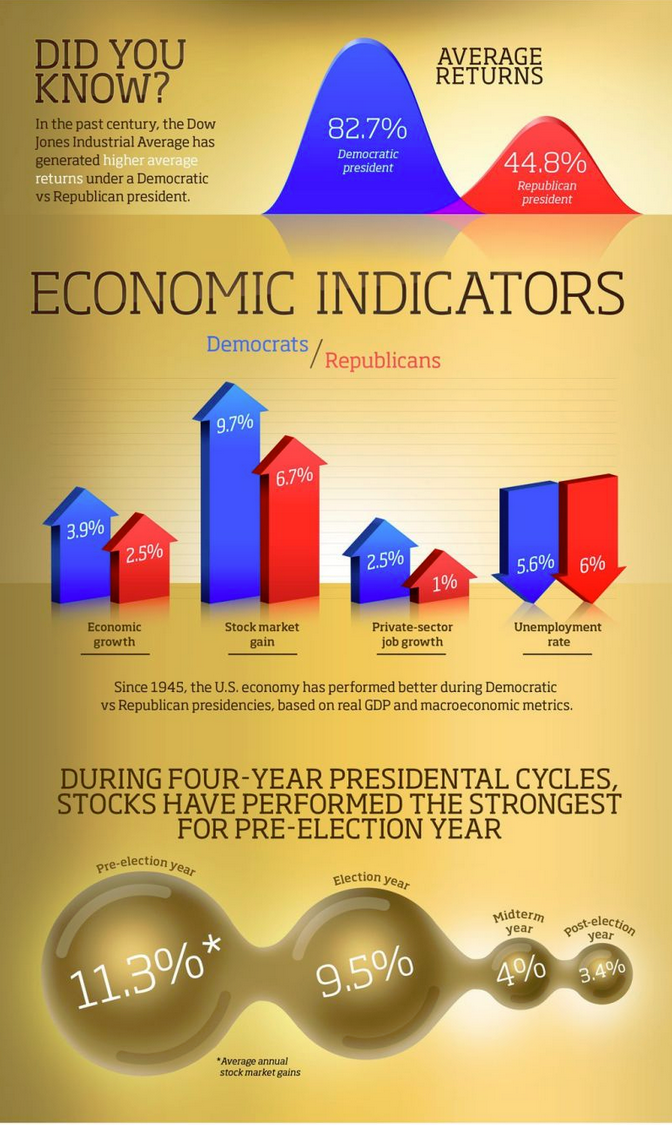Abstract:
We study the local economic spillovers generated by LeBron James’ presence on a team in the National Basketball Association. Mr. James, the first overall pick of the 2003 NBA draft, spent the first seven seasons of his career at the Cleveland Cavaliers, and then moved to the Miami Heat in 2010, only to return to Cleveland in 2014. Long considered one of the NBA’s superstars, he has received the league’s MVP award four times, won three NBA championships, and been a part of two victorious US teams at the Olympics. We trace the impact a star of Mr. James’ caliber can have on economic activity by analyzing the impact his departures and arrivals had on business activity close to the Cleveland Cavaliers and Miami Heat stadiums. We find that Mr. James has a statistically and economically significant positive effect on both the number of restaurants and other eating and drinking establishments near the stadium where he is based, and on aggregate employment at those establishments. Specifically, his presence increases the number of such establishments within one mile of the stadium by about 13%, and employment by about 23.5%. These effects are very local, in that they decay rapidly as one moves farther from the stadium.
— Taking My Talents to South Beach (And Back) by Daniel Shoag, Harvard Kennedy School & Stan Veuger, American Enterprise Institute (AEI).

